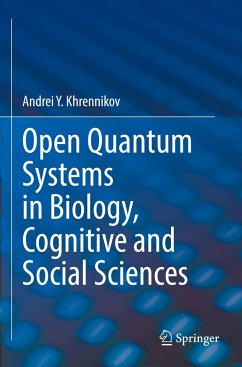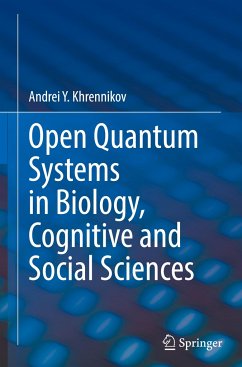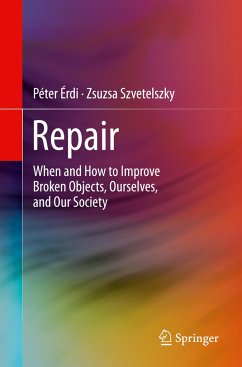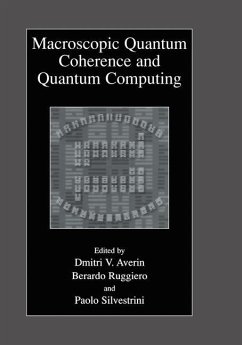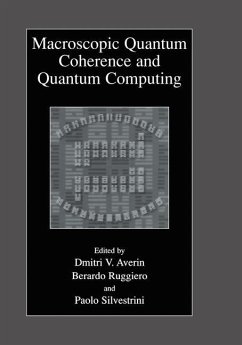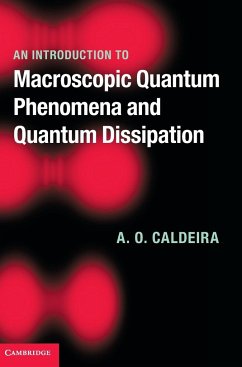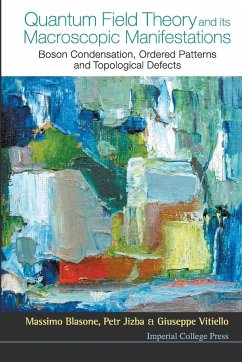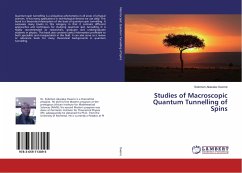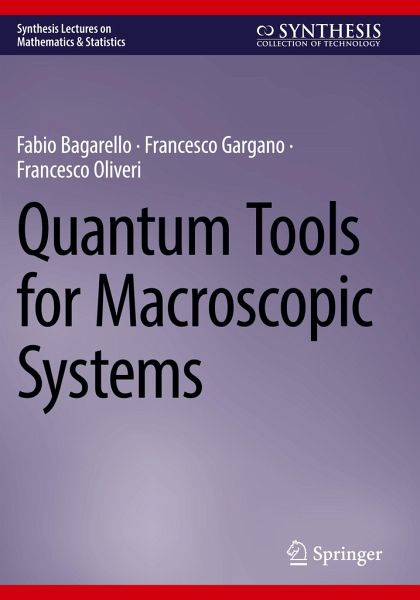
Quantum Tools for Macroscopic Systems
Versandkostenfrei!
Versandfertig in 6-10 Tagen
42,99 €
inkl. MwSt.
Weitere Ausgaben:

PAYBACK Punkte
21 °P sammeln!
This book describes how complex systems from a variety of fields can be modeled using quantum mechanical ideas; from biology and ecology, to sociology and decision-making. Quantum mechanics is traditionally associated with microscopic systems; however, quantum concepts have also been successfully applied to a wide range of macroscopic systems both within and outside physics. The mathematical basis of these models is covered in detail, providing a self-contained and consistent approach. This book provides unique insight into the dynamics of these macroscopic systems and opens new interdisciplin...
This book describes how complex systems from a variety of fields can be modeled using quantum mechanical ideas; from biology and ecology, to sociology and decision-making. Quantum mechanics is traditionally associated with microscopic systems; however, quantum concepts have also been successfully applied to a wide range of macroscopic systems both within and outside physics. The mathematical basis of these models is covered in detail, providing a self-contained and consistent approach. This book provides unique insight into the dynamics of these macroscopic systems and opens new interdisciplinary research frontiers. The authors present an essential resource for researchers in applied mathematics or theoretical physics who are interested in applying quantum mechanics to complex systems in the social, biological or ecological sciences.
Describes how complex systems from a variety of fields can be modeled using quantum mechanical ideasProvides insight into the dynamics of macroscopic systems and opens new interdisciplinary research frontiersIntroduces quantum tools needed for the analysis of the dynamical behavior of macroscopic systems
Describes how complex systems from a variety of fields can be modeled using quantum mechanical ideasProvides insight into the dynamics of macroscopic systems and opens new interdisciplinary research frontiersIntroduces quantum tools needed for the analysis of the dynamical behavior of macroscopic systems



